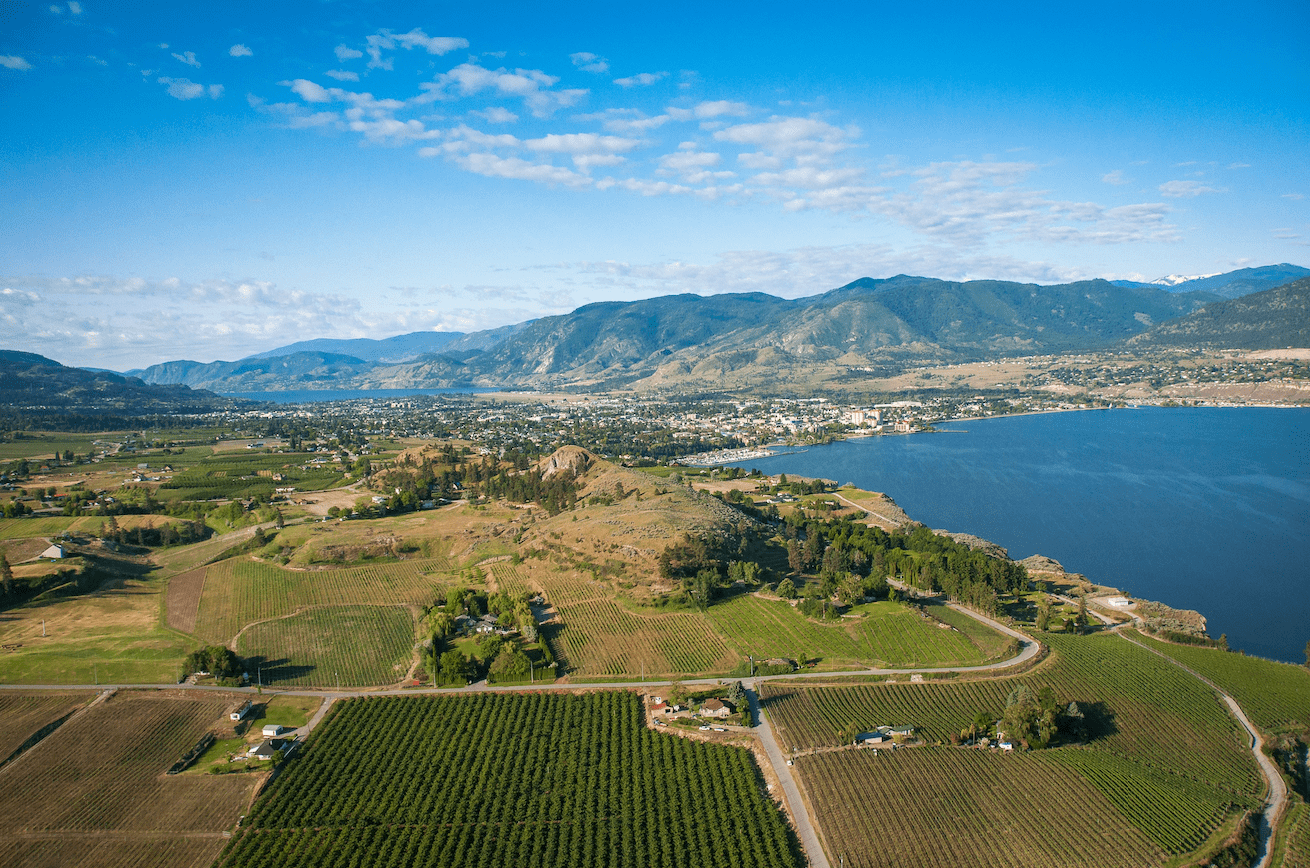
MICHAEL MAGNUSSON
PENTICTON – The Penticton & Wine Country Chamber of Commerce is extremely pleased to learn that land-based wineries who experienced crop damage will be exempt from 2024’s minimum production requirements in order to maintain their license, which will allow these wineries to continue selling their past vintages without interruption.
Back in January, the province experienced an extreme cold event where industry experts had estimated the damage would result in a 97-99% reduction in grape and wine production. Over the following months, the Chamber watched with optimism as the British Columbia Government visited local wineries and pledged $70 million on top of the current $15 million to help vineyards replace destroyed grape vines while the Federal Government agreed to suspend the annual excise tax increase.
Winery owners and operators also expressed a positive outlook with a larger-than-average crop in 2022 that still had bottles for sale and the opportunity to look at new, more climate-resilient vines for replanting. Despite those wins, however, land-based wineries had still not heard of changes that would be needed to maintain their license; without a manufacturing license, land-based wineries would not be permitted to sell any product, even if it had been previously bottled.
Late last week, the Chamber was ecstatic to receive a letter where the Minister of Public Safety and Solicitor General Mike Farnworth announced that the Liquor and Cannabis Regulation Branch will be exempting the 4,500 litres production requirement for 2024, along with the option of applying for a one-year exemption to using 25% of product from one’s own land in British Columbia if a land-based winery anticipates difficulty in meeting this requirement.
“This means that B.C’s 295 land-based wineries, many who call South Okanagan home, will be able to keep their tasting rooms open and continue selling their inventory produced from prior years’ harvests,” says Chamber President Jordan Knox, Chamber President.
Another piece of welcomed news is the province prioritizing work to explore additional supports to the grape shortage, including a review of the winery sales agreements with the Liquor Distribution Branch.
“When you don’t have any grapes to make wine from as will be the case for most land-based wineries, you need to have a stopgap measure in place, which means being able to source and use grapes from outside of the province,” explains Executive Director Michael Magnusson.
In this case, the government is looking at land-based wineries being able to maintain their classification and associated benefits while entering into common ownership with a commercial winery, who are permitted to use non-B.C. grapes.
The letter also highlights other initiatives the government has undertaken to support B.C.’s wine industry, including funding for wine-tourism as well as continuing to work with the Province of Alberta who, back in January, banned stocking B.C. wines for those wineries who also sell direct to consumers.
Michael Magnusson is the Chamber’s Executive Director of the Penticton & Wine Country Chamber of Commerce

